The World's Best Diet
Almost everyone thinks they’re an expert when it comes to food and diet.
In fact, we all know people that have crossed the line, and it’s almost become a religious conversation.
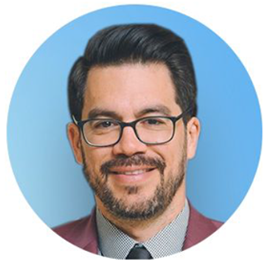
Tai Lopez
Dec 08, 2014
In today’s Book-Of-The-Day, “Diet Cults” by Matt Fitzgerald, we delve deep to try to find the truth.
What is the diet that we should all be following?
I talked about this a few days ago on my new live Book-Of-The-Day TV show that airs every day at 11:30am PST on TaiLopez.com.
When I was at Joel Salatin’s, it was fascinating. Thousands of people would come in from all around the world, each of them with their own opinion on diet - whether they were Vegan, Paleo, Low-Carb or Atkins.
And most of them came there extremely confident in their beliefs.
The interesting thing about a farm is that you’re so close to the earth that you actually get insight on biological processes that the average city person never gets.
If you ask most people in the city how many grams of protein, sugar, or carbohydrates they should be getting every day, they have no idea.
But a farmer knows exactly how much protein a one-week-old chicken should have, and how much they should be eating at six and eight weeks as well.
It becomes a science. And of course, you’re experimenting on the best testing ground possible (the livestock you’re raising) because there’s no placebo effect.
Here are the main three points I got from this book.
1. There is no one diet that works for everyone:
“If science really had proven conclusively that there was only one clearly defined healthy way to eat, or that a particular diet was indisputably the healthiest, then the competitive marketplace of healthy-diet cults that we are surrounded by would not exist. But science has not identified the healthiest way to eat. In fact, it has come as close as possible (because you can’t prove a negative) to confirming that there is no such thing as the healthiest diet. To the contrary, science has established quite definitively that humans are able to thrive equally well on a variety of diets. Adaptability is the hallmark of man as eater. For us, many diets are good while none is perfect.”
We know this to be true. It would be an impossible environment for humans to live in without adaptability. The problem with something like the Paleo diet is that in Paleolithic times, not all people lived in the same part of the planet. Some people lived in rainforests, some lived in savannahs. Even though there is truth that there is a genetic predisposition that some foods are probably more nutrient dense than others, it’s not an absolute black and white fact.
"Scientists are discovering that the extreme responsiveness of gut flora to changes in diet are a major contributor to humans’ dietary adaptability."
2. You must search for disconfirming evidence:
“My friend Richard did a lot of reading on the science of veganism and came away believing that veganism was the correct way to eat. But this happened only after he had already given up animal foods. And, of course, he cherry-picked his sources, ignoring experts like Walter Willett at the Harvard School of Public Health and going straight to gurus like Caldwell Esselstyn, a man who could never get a job at the Harvard School of Public Health.”
You see, you have to disprove your own theory.
Because whether you’re Vegan, Paleo, Atkins or Macrobiotic, there’s evidence to the contrary of what you believe if you’re willing to open up your eyes and not see this as such a black and white conversation.
3. Go "straight to the top:"
"What elite endurance athletes truly desire is the least restrictive diet that is sufficient to yield maximum fitness and performance. Top endurance athletes are believed to be the healthiest people. As they push the extremes of their bodies, they realize what diets and plans work the best. That's why I subscribe to all different types of pro-athlete and bodybuilding magazines, because even though you wouldn't want to push yourself to the extreme, often times the extreme reveals the truth.”
Agnostic healthy eating is the plan Fitzgerald recommends.
"I claim only that you will find agnostic healthy eating to be the easiest way to eat for maximum health if you’re turned off by diets that claim to be the One True Way."
Fitzgerald says that what we need to do is have an agnostic approach, meaning whatever works is what we should gravitate towards, instead of trying to be a part of a certain group and getting our identity from that group.
So it's up to you to “ask, seek, and knock” for that diet that's adaptable to not only the environment in which you live (which is different if you live in the North Pole compared to if you live in Africa), but once you do this search, set up a series of experiments and do it at the same time with top experts and doctors.
As Dr. Sharon Moalem says in his book "Inheritance”, “The cutting edge of health will be individualized diets based on the decoding of your saliva and your DNA to reveal what's accurate."
Dr. Moalem told me that for some people, just one apple will kill them. Some people have a fructose intolerance, so though the USDA says that we should all eat fruit, even that is only for the average, and you and I are not average, we're individuals.
Let me know your thoughts, I know this is controversial...
If you want to hear more cutting edge science about the good life, make sure you check out my TV show.
We go way more in depth in my private VIP program so check out the book "Diet Cults" by Matt Fitzgerald and >>CLICK HERE>> to get into the VIP program [the next live call in this program is with me today, Tuesday December 9th @ 12 pm PST so don't miss out]
COMMENTS
Best of Tailopez
-
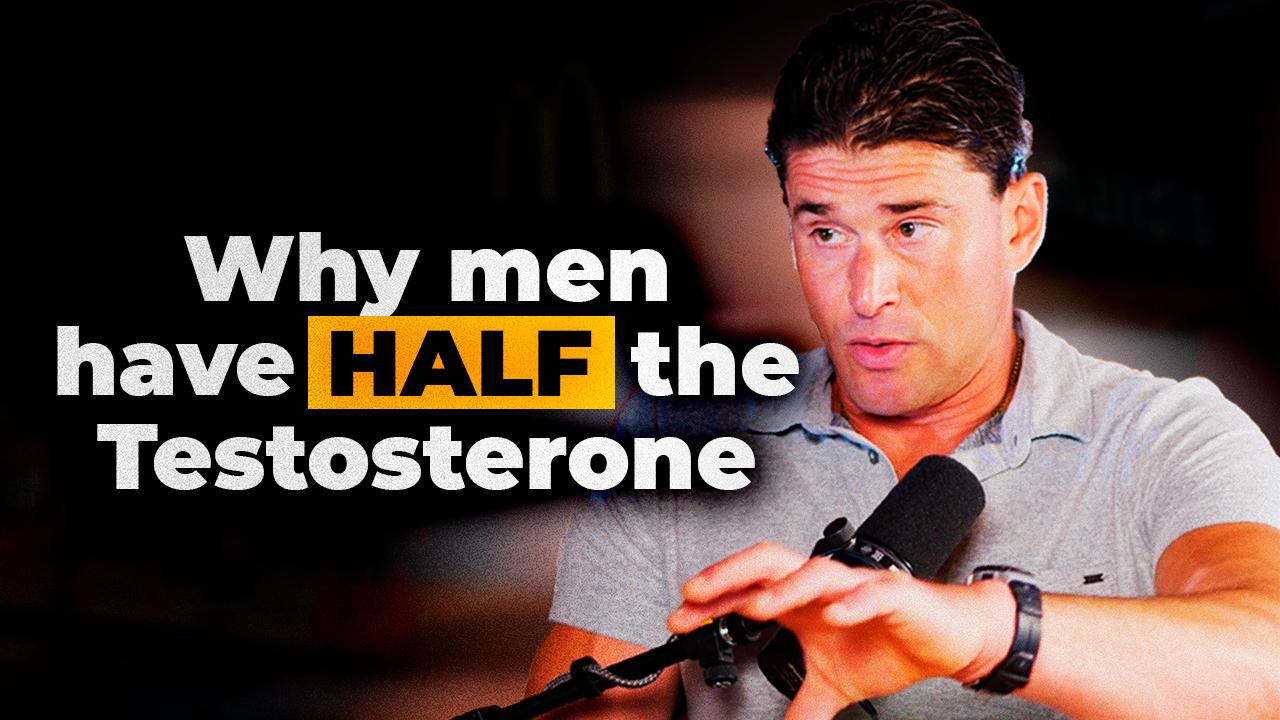 Why Men's Testosterone Is Half Their Grandfather's with Ben Greenfield
Why Men's Testosterone Is Half Their Grandfather's with Ben Greenfield -
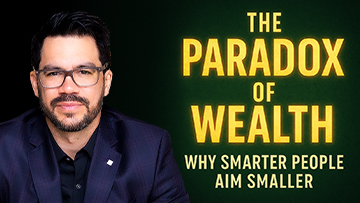 The Paradox of Wealth: Why Smarter People Aim Smaller
The Paradox of Wealth: Why Smarter People Aim Smaller -
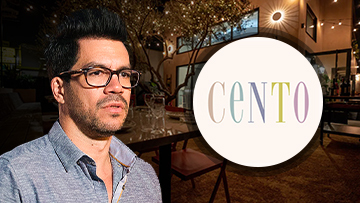 Mamma Mia in West Adams: Tai Lopez Finds LA's Pasta Holy Grail at Cento Pasta Bar
Mamma Mia in West Adams: Tai Lopez Finds LA's Pasta Holy Grail at Cento Pasta Bar -
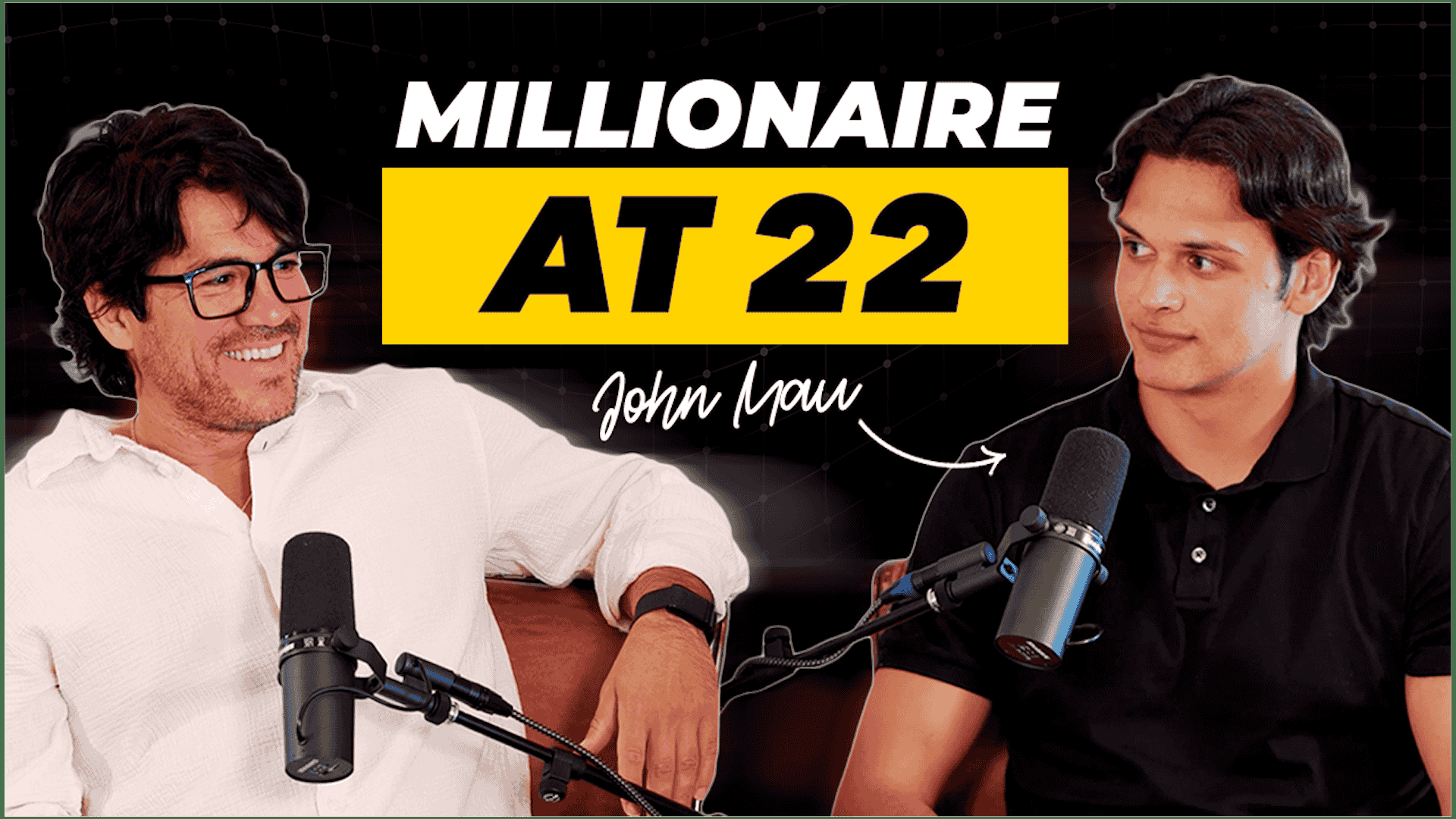 Sales Training, Scaling, and Breaking Objections: Tai Lopez with Johnny Mau
Sales Training, Scaling, and Breaking Objections: Tai Lopez with Johnny Mau -
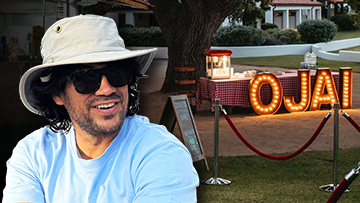 Ojai's Best Brunch Spots: Where Tai Lopez Ate Instead of the Ojai Valley Inn
Ojai's Best Brunch Spots: Where Tai Lopez Ate Instead of the Ojai Valley Inn

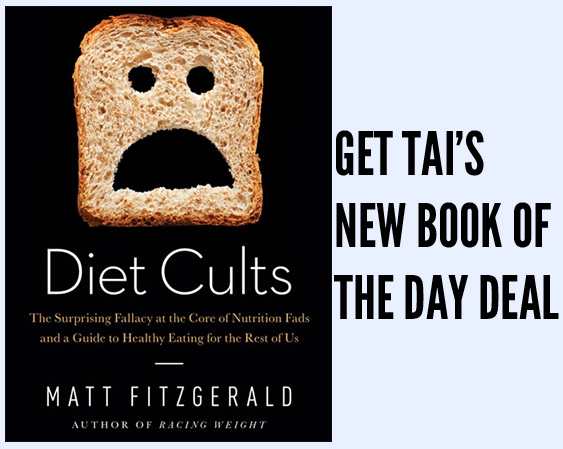
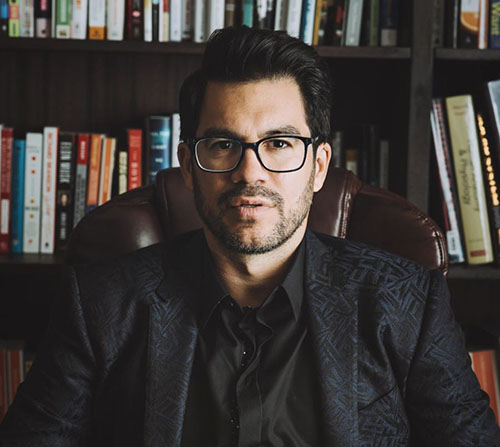
0 Comments